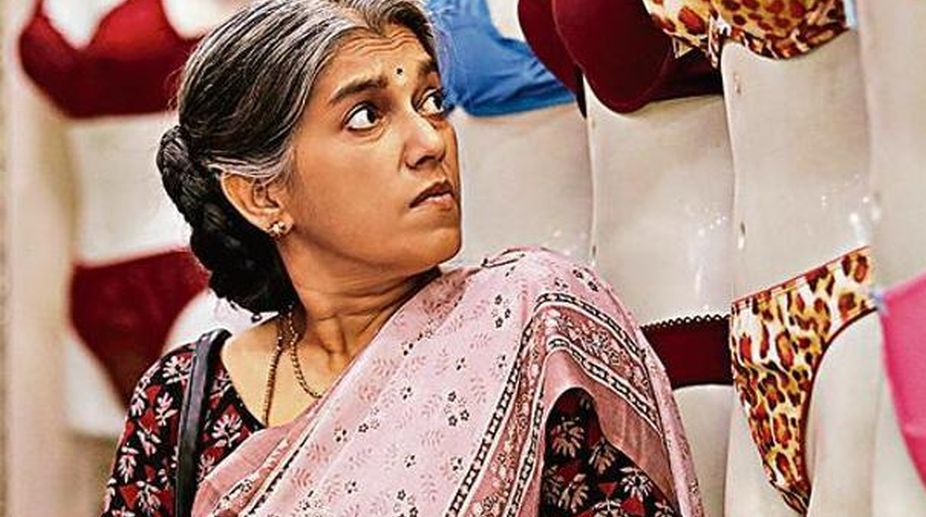Made in Heaven season 2 directors: Know about Alankrita Shrivastava, Neeraj Ghaywan, and Nitya Mehra
Get to know the directors behind the most anticipated series Made in Heaven.

Lipstick Under My Burkha (Photo Credits: Twitter)
"Lipstick Under My Burkha" director Alankrita Shrivastava says she is happy making women-oriented films, even being criticised for doing so, as she feels storytelling in cinema has mainly been controlled by men.
"I often get criticised for my work for flushing out male characters. Storytelling has been completely male dominated. Storytelling has been controlled by men," Shrivastava said here on Thursday at non-profit organisation Oxfam India's panel discussion, titled "Influence of Films on Gender Norms".
Advertisement
"So, the cinema that we have been watching for over the decades, we have seen from male point of view mainly. My stories are poor from male point of view. In both my films, the men are there as and when the women experience them. Men really don't have stories of their own.
Advertisement
"That's fine as long time we have only seen films from the male perspective. There are very few women behind the camera. So, we shouldn't stop until we reach the 50 per cent mark," added Shrivastava, who last directed "Turning 30!!!" in 2011.
"Lipstick Under My Burkha" struggled for certification from the Central Board of Film Certification (CBFC) earlier this year over its sexual scenes and abusive words.
The film, featuring Ratna Pathak Shah, Konkona Sen Sharma, Ahana Kumra and Plabita Borthakur, was later cleared for a theatrical release by the Film Certification Appellate Tribunal (FCAT). It will release on Friday.
Talking about the film's characters, Shrivastava said: "For me, the film's cast is a very internal and personal sort of space. I myself have personally been preoccupied with the idea that I don't feel free as a woman even though I have not really had any external restrictions on my freedom. Still it's something that is holding me back."
She added: "The characters are completely imaginary and fictional, but there is a lot of truth to what they experience in the film. After I started working on these characters, I did run into few women, who hold similarities to the roles."
The film received the Oxfam Best Film on Gender Equality Award at the MAMI Film Festival in 2016.
Advertisement